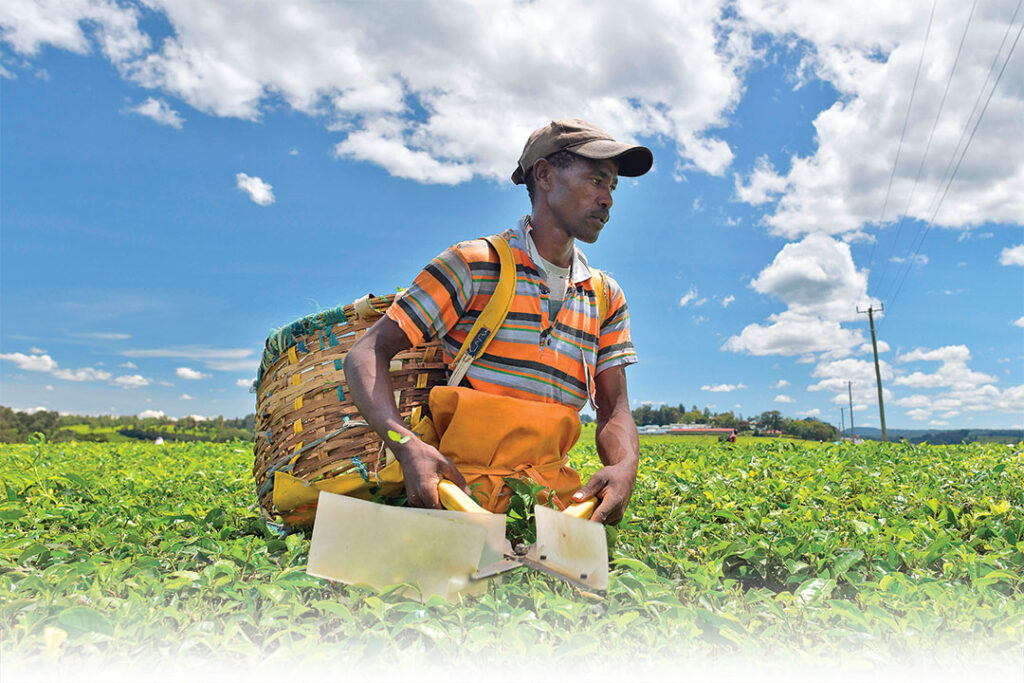AGENCE FRANCE-PRESSE
In a humming factory in Kenya’s highlands, tea is hand-plucked from the fields, cured and shredded into the fine leaves that have sated drinkers from London to Lahore for generations.
But Kenya’s prized black tea isn’t fetching the prices it once did, forcing the top supplier of the world’s most popular drink to try something new. In the bucolic hills around Nyeri, factory workers are experimenting with a range of boutique teas, deviating from decades of tradition in the quest for new customers and a buffer against unstable prices.
Like the bulk of Kenya’s producers, they’ve been manufacturing one way for decades — the crush, tear and curl (CTC) method, turning out ultrafine leaves well-suited for teabags the world over. Now, in Gitugi, a factory in the Aberdare mountain range, producers are experimenting with a whole-leaf, slow-processed variety, savored for its complex tones and appearance.
The risk was necessary: Prices for stalwart CTC at auction dropped 21% in 2018-2019, underscoring the urgency to diversify and extract more from every tea bush.
The changing market may open doors to markets where whole-leaf, bespoke teas and custom infusions are rewarded with higher prices, says Grace Mogambi of the Kenya Tea Development Agency. The agency represents 650,000 smallholder farmers by selling and marketing their tea.

